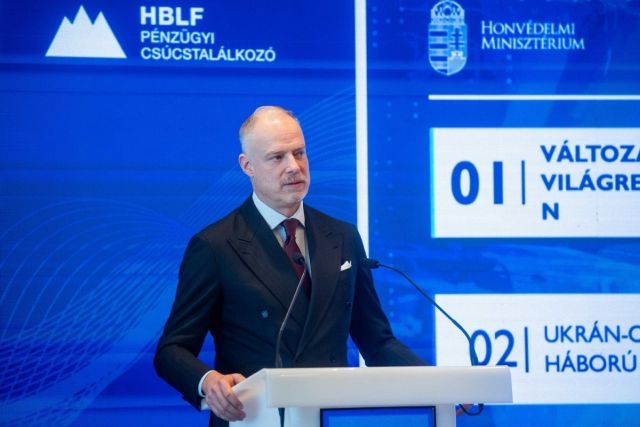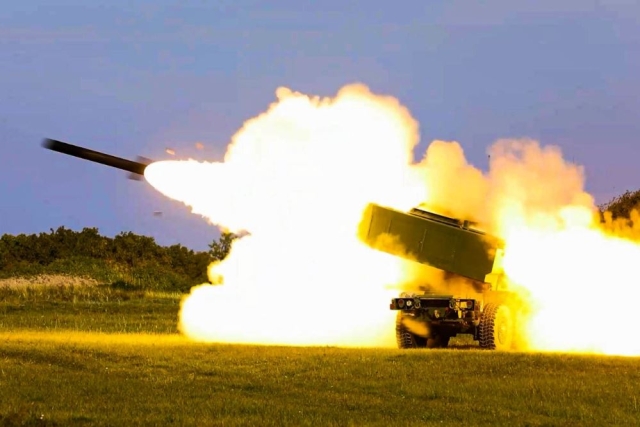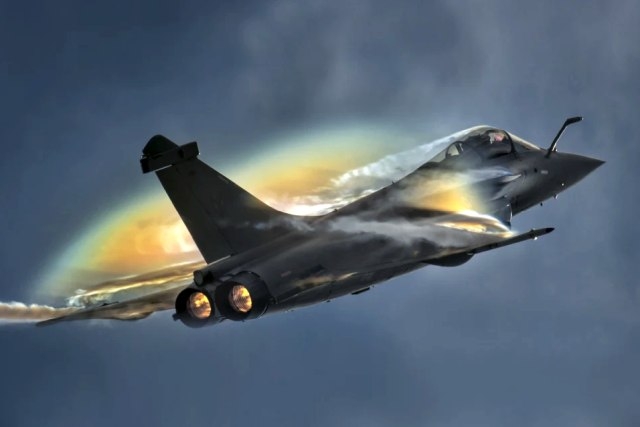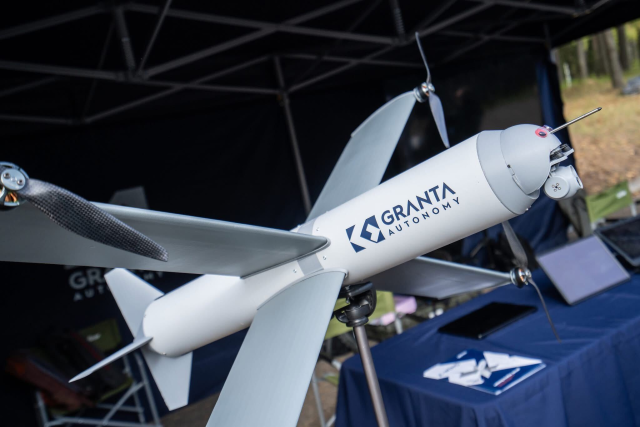Hungary Not to Supply Ammunition to Ukraine
The EU has barred Hungary from hosting a meeting of foreign and defense ministers due to its stance on the war in Ukraine.
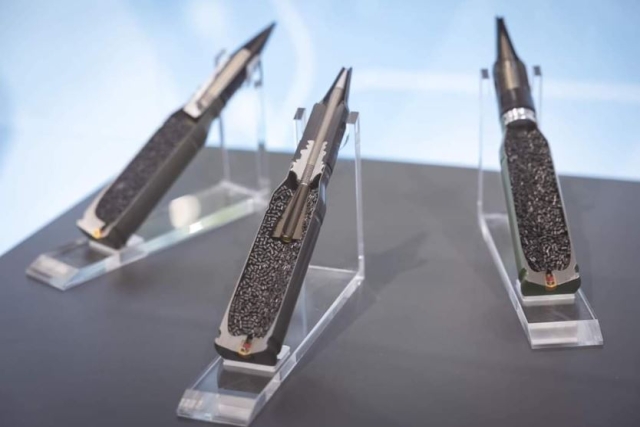
As NATO countries face challenges in supplying artillery and ammunition to Ukraine, Hungary, a NATO member, has opted not to provide ammunition to Kyiv.
Hungarian Defense Minister Kristóf Szalay-Bobrovniczky stated, "The country has made a clear political value choice by not sending ammunition and weapons to the Russo-Ukrainian war that is raging in our neighborhood."
The defense minister made this statement on July 29 during an event marking the start of a test run for a production line designed to manufacture 30mm ammunition in Várpalota. Once operational, this production line will enable Hungary to be self-sufficient in 30mm ammunition, he noted.
Regarding the role of ammunition in warfare, Szalay-Bobrovniczky emphasized that the Russo-Ukrainian War has demonstrated the critical importance of having all necessary resources for combat. He said, “High technology is indispensable, but not sufficient for successful combat. Ammunition is crucial for success.”
The minister also mentioned that Europe needs to rebuild its defense industrial capabilities and prioritize munitions manufacturing. He added, “It is not just the combatants who suffer from ammo resupply issues, but also the countries providing ammunition to Ukraine, among which Hungary is not included.”
Szalay-Bobrovniczky pointed out that strategic ammunition reserves in Europe have significantly diminished, and the European defense industry struggles to keep up with the demand. He noted that “Hungary is ahead of its EU peers, having planned and initiated the construction of such a complex according to a well-thought-out strategy since the mid-2010s.”
He highlighted that the 30mm ammunition produced at the new factory would be compatible with Rheinmetall’s Lynx infantry fighting vehicle (IFV) and other NATO weapons. He stressed that the factory’s opening would enable Hungary to become self-sufficient in this ammunition type and create job opportunities for 50 workers initially, with the potential to expand to hundreds as production scales up.
The Hungarian Defence Minister also mentioned that the German arms industry company Rheinmetall would collaborate with Hungary not only during the production phase but also in marketing the ammunition. “There is significant demand for both medium and larger-caliber ammunition, which we also plan to produce,” he stated.
The newly opened complex for medium- and large-caliber munitions production will produce over one million pieces of 30-35mm ammunition annually, which is standard for the Lynx IFVs.
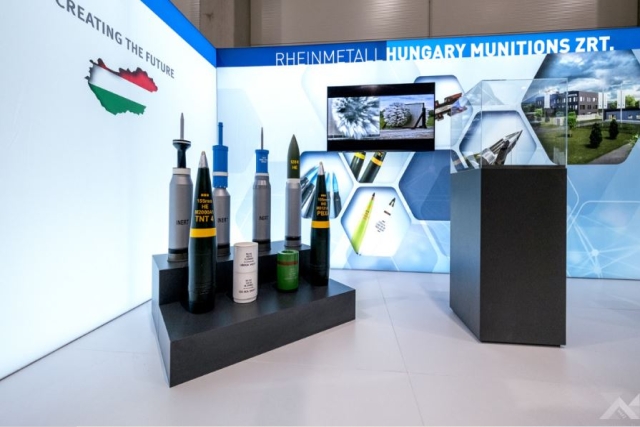
Prof. Dr. László Palkovics, CEO, N7 National Defence Industry Innovation Holding Ltd, anticipates that future developments will include production of 120mm tank shells and 155mm artillery shells, with the aim of opening the relevant production sections by the second half of next year.
In related news, Hungary and Slovakia are working to maintain access to discounted Russian oil despite EU sanctions. Ukraine's sanctions on the Russian oil firm Lukoil threaten to cut off a third of their oil imports. Hungarian Prime Minister Viktor Orban, who has close ties to Putin, has consistently obstructed EU efforts to aid Ukraine, including blocking arms shipments and financial aid. Orban recently met with Putin in Moscow and has previously used Hungary's veto to delay a €50 billion package of non-military financial aid to Ukraine. The EU has barred Hungary from hosting a meeting of foreign and defense ministers due to its stance on the war in Ukraine.

